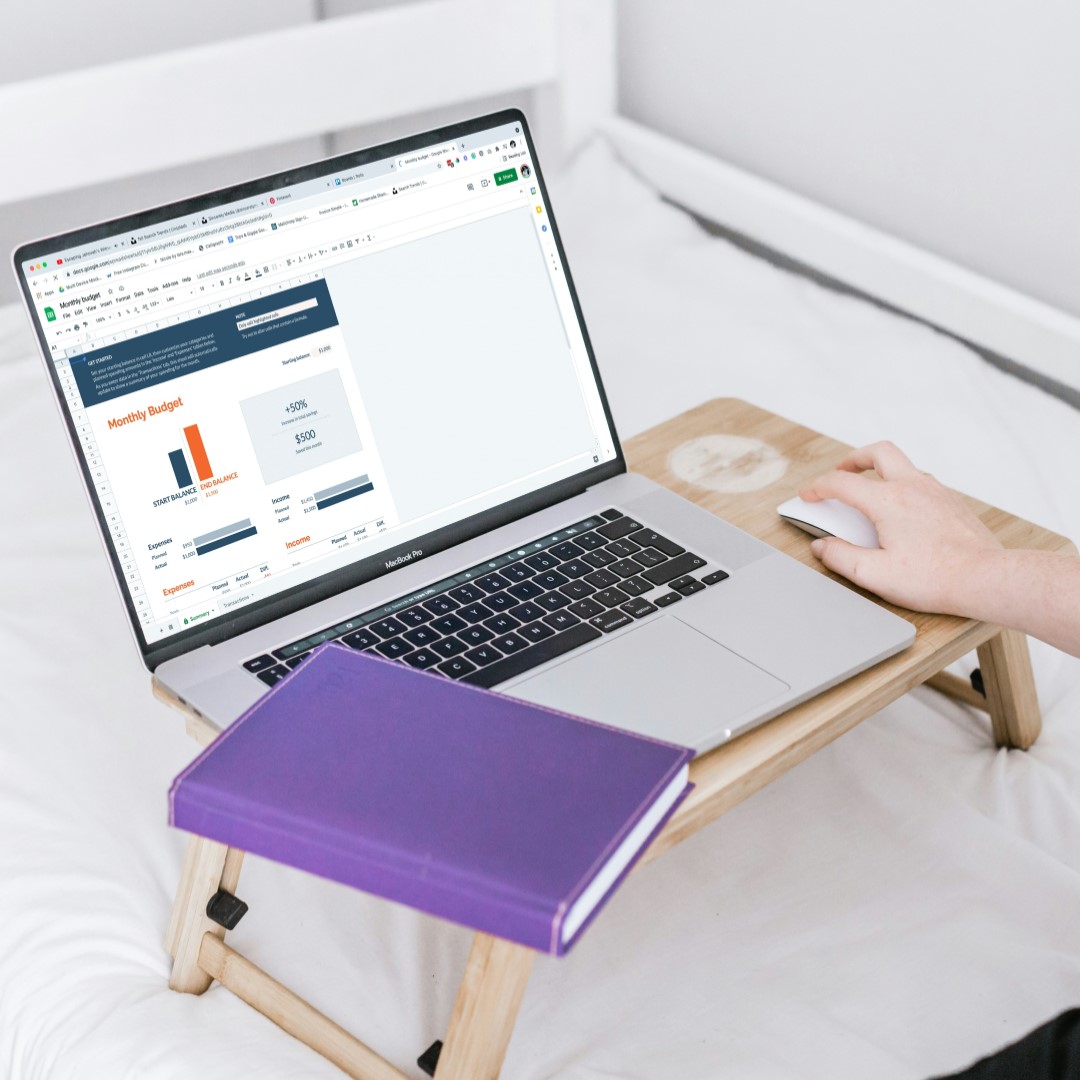Apr 09 2024
Ten tips for building a budget you can stick to
Whether you have a fairly good grasp of your regular financial comings and goings or you get to the end of each month wondering where on earth all your money went, building a budget that reflects your personal circumstances can be a very valuable exercise.
A budget is a little like a map for your money, showing the journey of each dollar as it enters and exits your bank account and pinpointing exactly where it ends up. Having greater insight into your and/or your family’s cashflows can make it easier to spot opportunities to save more, or redirect your spending, and can make you feel more engaged with your financial goals. Knowledge is power, after all.

Get budget ready
We’ve compiled ten tips to help kickstart your budget and set you on the path towards your financial goals.
1. Calculate your income
Start by figuring out how much money you bring home each month. This includes your salary or wages after tax, any regular bonuses or commissions, interest earned on savings and investments, benefits or allowances, and any side hustles.
2. Track your spending for a month
Keep a record of everything you spend. Yes, everything! This will show where your money is going, including regular expenses like rent or mortgage, groceries, car or personal loans, buy-now-pay-later schemes, credit cards, rates, phone, power, plus subscriptions, as well as incidentals like that daily coffee, or weekly takeaways.
Your online banking will show most of your spending (most banks will let you download your past three months of transactions), but receipts from shopping and bills from the past three months can also come in handy. There are also a number of apps designed to help you track your spending.
3. Categorise your expenses
Divide your expenses into categories like ‘Needs’ (rent, groceries, utilities), ‘Wants’ (dining out, hobbies), and ‘Savings/Debt’ (emergency fund, credit card payments). This makes it easier to see where you might be overspending.
4. Set realistic goals
Decide what you want to achieve with your budget. Maybe it’s saving for a holiday, paying off debt, or building an emergency fund. Make sure these goals are achievable and meaningful to you.
5. Make adjustments
If you’re spending more than you earn, look for areas to cut back. Maybe it’s as simple as buying a barista-made coffee or a café lunch once a week instead of every day and bringing home-made more often, or use public transport instead of driving.
6. Explore useful apps and tools
There are plenty of apps and templates online that can help you build and track your budget. Find one that’s user-friendly and stick with it. Te Ara Ahunga Ora Retirement Commission’s Sorted website has plenty of resources. Or check out the free budget planner on the Lifetime Workplace Savings website – find it at this link.
7. Review regularly
Each month, review your budget. Did you stick to it? If not, why? Adjust as needed and celebrate the small victories.
8. Be flexible
Life is unpredictable. Your budget should be flexible enough to accommodate unexpected expenses like car repairs or medical bills.
9. Stay committed
Sticking to a budget requires discipline. Remind yourself of your financial goals and why they’re important to you. Equally, don’t be too hard on yourself if you drop the ball every now and then. Just regroup and keep working at it.
10. Seek advice if you need it
Don’t be afraid to ask for help. Financial advisors, reputable online forums, and even financially savvy friends can provide useful sounding boards. Although, a word of caution: don’t follow random money tips from just anyone. Professional, independent personalised financial advice is the best option and isn’t always as expensive as it sounds. And there are also some excellent free budget advisory services and helplines, like MoneyTalks.
Empower yourself
It’s important to remember that budgeting is not about restricting yourself; it’s about empowering yourself to make smart financial decisions. With a little bit of planning and a lot of commitment, you can create a budget that works for you and your wallet.
Written by: Vanessa Glennie
Vanessa is Head of Communications at Lifetime Retirement Income. She’s an experienced investment writer, having spent more than a decade writing about financial markets in the global fund management industry.